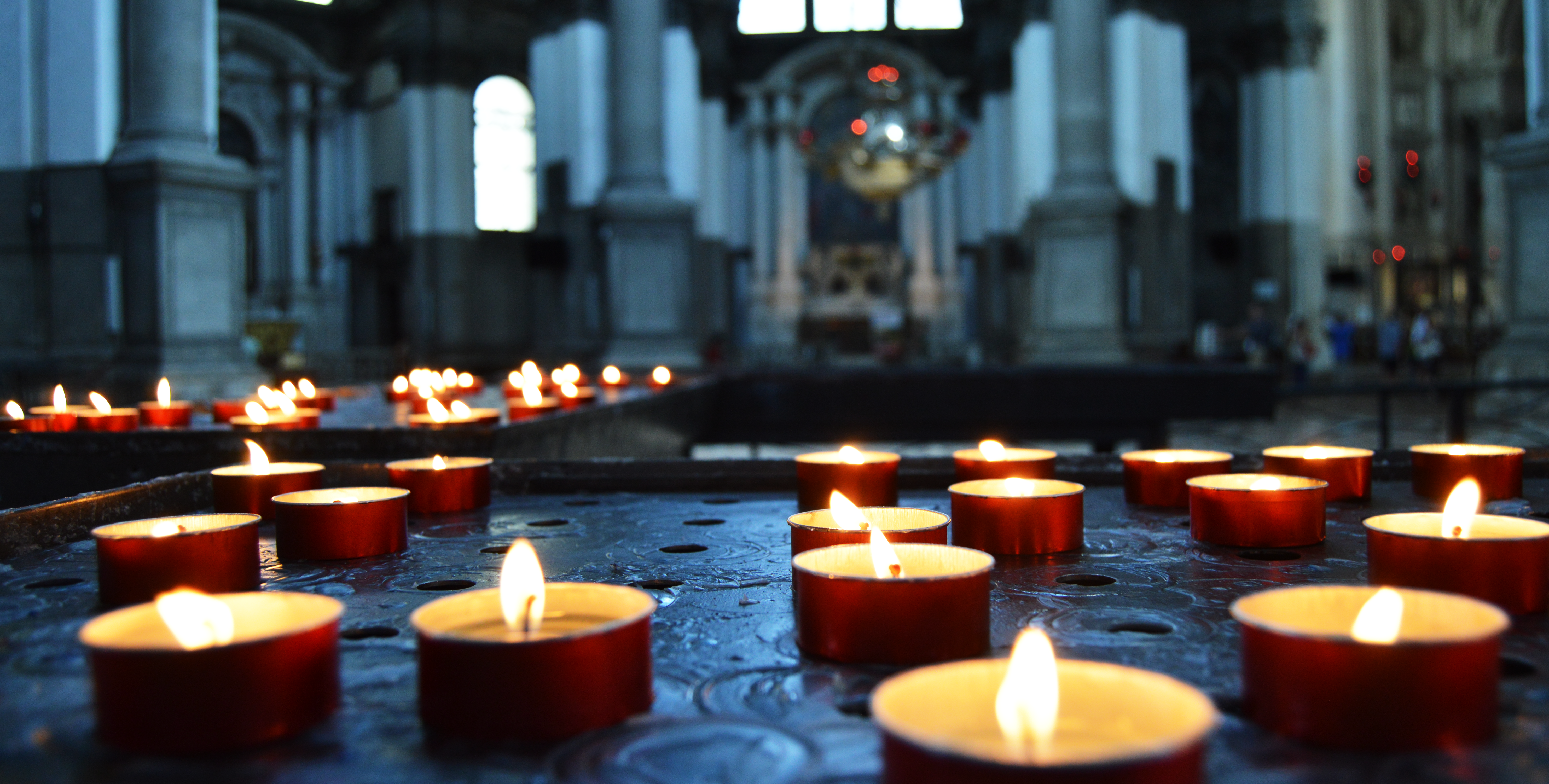To understand this link, researchers asked both religious and non-religious Hong Kong Chinese individuals about their feelings towards the Philippine government following a hostage incident criticized for an ineffective rescue attempt, and separately for a poor response to a typhoon that had ripped through the country. The researchers found that religious individuals were more likely to feel empathetic towards the Philippine government, and were more likely to forgive them for inefficient actions. The article suggests that it is empathy that causes religious individuals to be more likely to let go of hard feelings, and seek to understand other groups. Empathy is the ability to understand the feelings of another and is an emotional state marked by sympathy and compassion.
These findings suggest that empathy helps explain why religiousness is linked with forgiveness. This study indicates “cultivating empathy through religious education and practice may be an effective conflict-resolution strategy”. For peacemakers who strive to foster reconciliation between distinct groups, utilizing religious institutions to help promote feelings of empathy may be a practical way to help groups forgive one another.
Batson, C. D., & Shaw, L. L. (1991). Evidence for altruism: Toward a pluralism of prosocial motives. Psychological Inquiry, 2, 107–122.
Ho, M. Y., Worthington Jr, E. L., & Davis, D. E. (2017). Be a peace maker: Examining the relationship between religiousness and intergroup forgiveness. Peace and Conflict: Journal of Peace Psychology, 23(4), 427.
